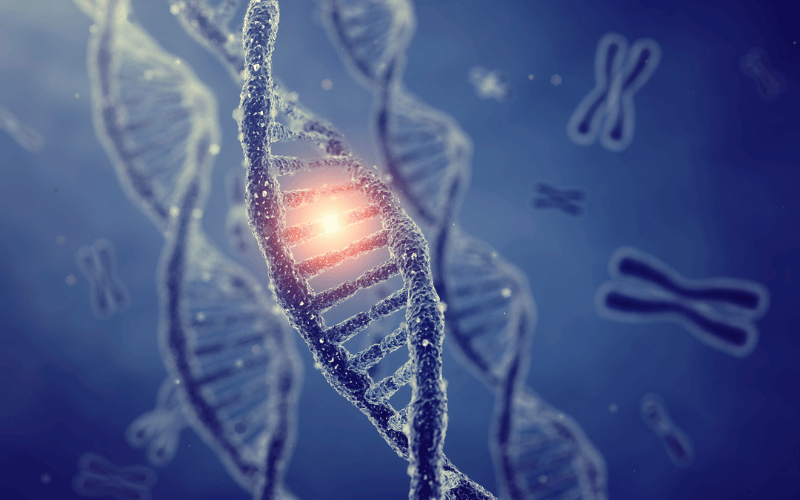Fact 8: The Genetic Puzzle Piece

Peeling back the layers of stomach cancer, researchers have found a world teeming with genetic components. Genetics isn’t just about inheriting your grandmother’s eye color; it plays a foundational role in the manifestation and progression of various diseases, including gastric cancer. Genetics and heredity stand as twin pillars in the understanding of this ailment.
Delving deep into a patient’s genetic makeup, certain genes predispose individuals to stomach cancer. A good example is the CDH1 gene mutation, which has been linked to a higher risk of developing diffuse-type gastric cancer. But it’s not all about predisposition. Genetic mutations can also provide critical insights into potential treatments, steering therapeutic decisions based on genetic profiles.
While inherited gene mutations play their part, sporadic mutations, those that occur randomly and aren’t passed down, hold significance. Environmental factors like diet, exposure to carcinogens, and certain infections can be the catalysts for these mutations. It’s a dance between nature (genetics) and nurture (environment), choreographed over time, leading to the onset of the disease.
The silver lining in the genetic conversation is the advent of genetic counseling. This service is invaluable for those with a familial history of stomach cancer. By analyzing an individual’s genes, experts can gauge the risk, offering guidance and potential preventative measures. Moreover, genetic studies are opening doors to targeted treatments, tailoring therapies to individual genetic profiles. (8)